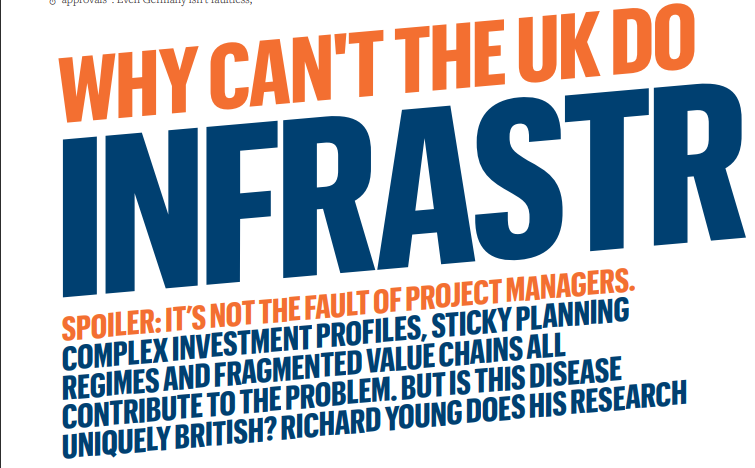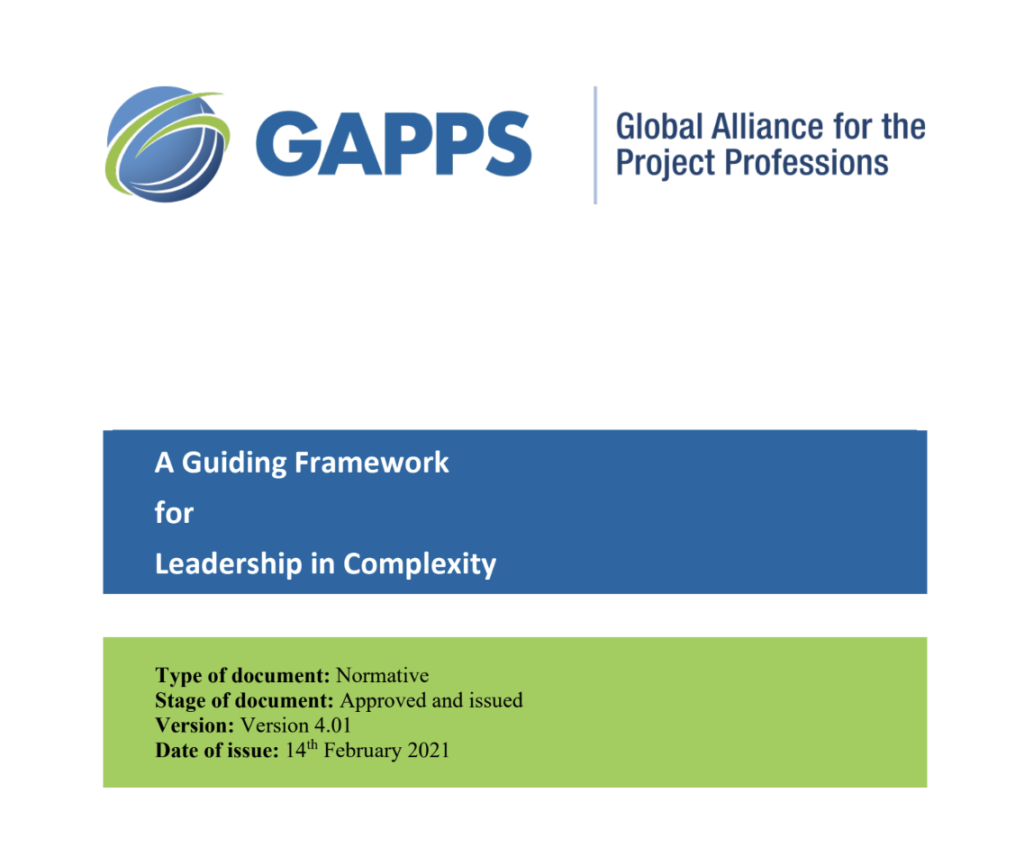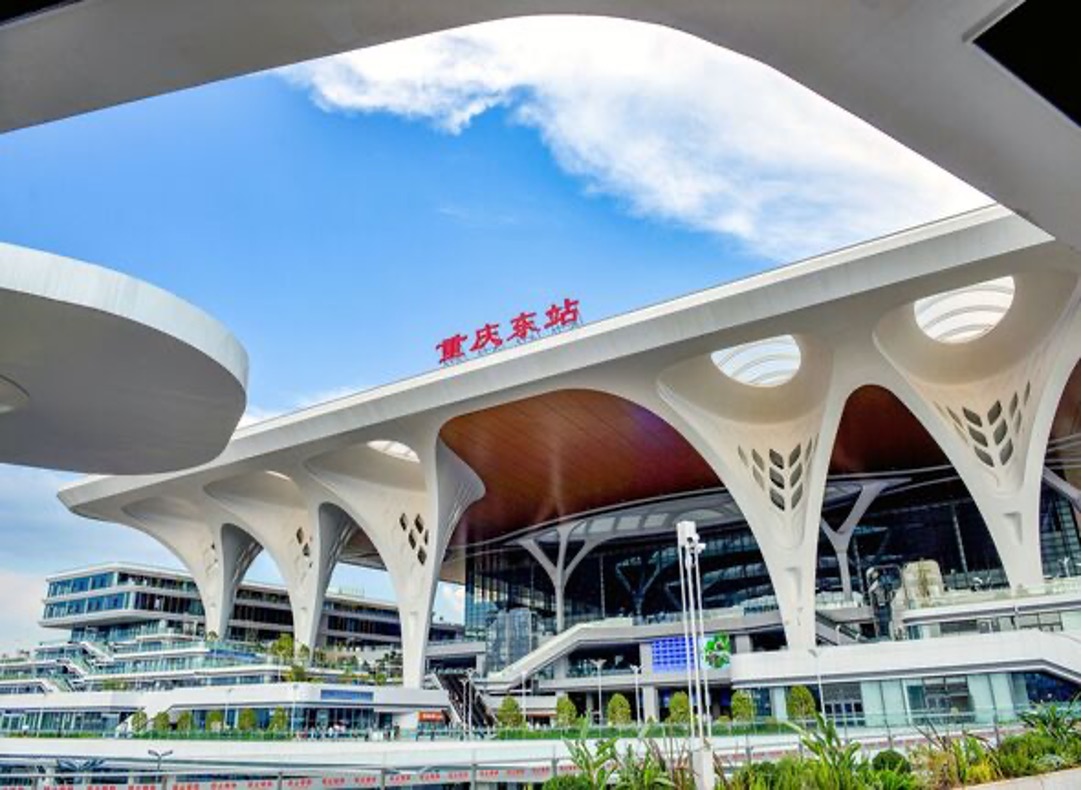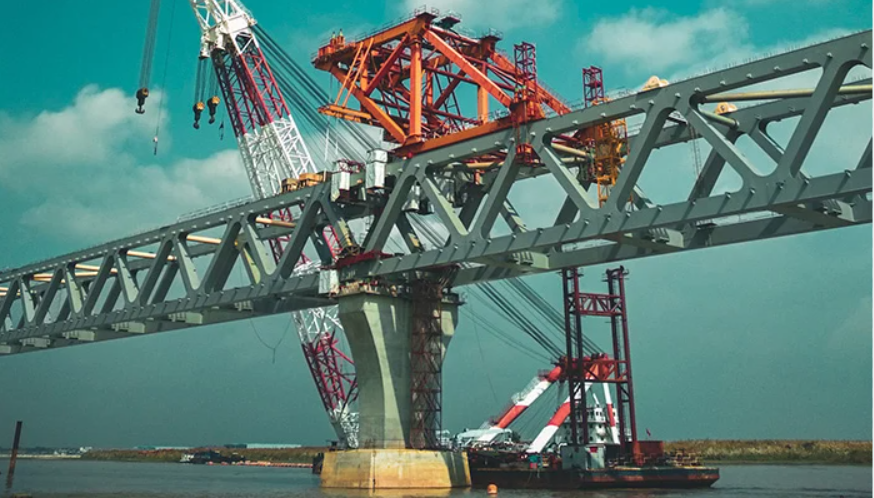
Immuning your Megaproject
In 2023, the Financial Times reported that “Protests against the new HS2 (High Speed Two) Ltd railway line have cost the UK government £122 million so far and is expected to cost as much as £200 million.” HS2 Chief Executive as of then, Mark Thurston, told the public accounts committee of MPs that the organisation is seeking an injunction to “combat” series of demonstrations that is threatening to cripple Europe’s biggest #infrastructure project.
Many factors can trigger public interest in #megaprojects. Cost, size, labour, geographical scope and environmental implications are some of the most prominent. Host communities often welcome infrastructure projects, especially when they promise economic opportunity, job creation, improved social amenities, amongst others. In 2014 when Tesla announced plans to construct a $5 billion battery factory for its electric cars, several states jockeyed to host the facility. Reno, Nevada became the lucky home. In fact, Bloomberg estimated that over the next two decades, the factory will create approx. $97 billion in economic benefit for Reno. The cascading effects were evident. Reno and its environs experienced a housing boom to accommodate thousands of new employees and their families.
However, not every megaproject receives the red-carpet treatment. Some communities kick against new development because economic opportunity is not always enough to create buy-in. While most critics stop at debates, others transform their online agitation into onsite protests and even riots. I will not debate the correctness of these protesters or the accuracy of their convictions. Protest is a fundamental right in any sane society so long as there’s no harm to public lives and property. Having studied protest cycles over the years, it bears mentioning that nothing is new under the sun. Contractors are better prepared to minimize protests while creating value for their clients.
What can you do?
According to California-based Lawyer, Michael Baker, contractors can avoid a ton of protests-related setbacks if they are proactive and play the long game. Cultural or environmental disputes can be settled through ongoing outreaches and interaction with key community #stakeholders long before the shovel hits the ground. Although not a fail-safe strategy, Baker argued that most developers “who do community outreaches tend to be more successful in winning #community approval.” This could be anything from sponsoring job and career training for the community’s working population, striking a favourable employment deal with local labour, involving them in key decisions of the project, enhancing healthcare for the elderly, nursing mothers, etc.
When the local community feels close enough to the project, they can defend it when the need arises. If this fails, developers must try to negotiate with their detractors early in the process.
#Megaprojects
#Conflictmanagement
#Financialtimes
Source:
https://www.ft.com/content/






